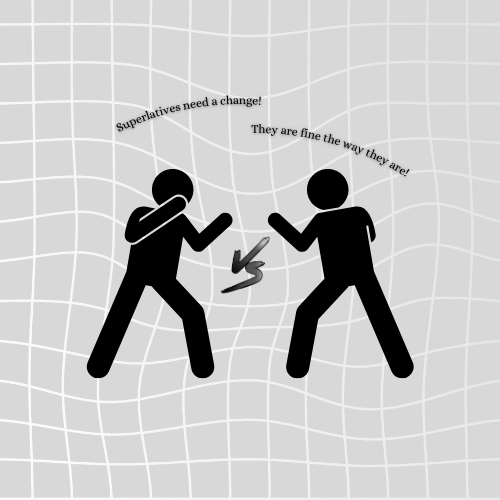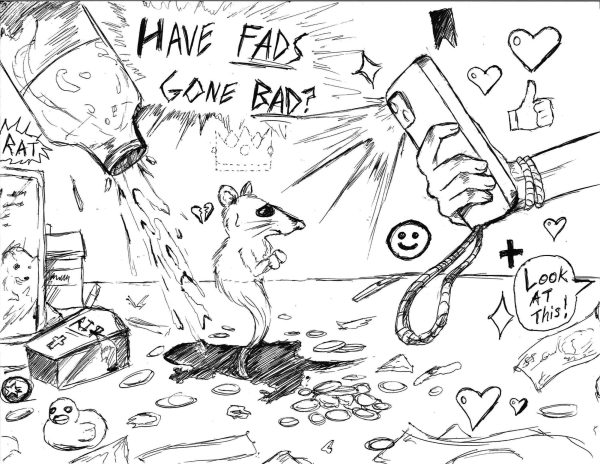The War on Sleep
December 20, 2022
Most schools in America start at 8 a.m., but district 202 is set on class starting at 7:05 sharp. The early start time has led to chronic sleep deprivation. The National Children’s Health Organization states that high school students should get between 7 and a half to 9 hours of sleep a night. However, it is not just the lack of sleep contributing to the lack of academic motivation in school. Without achieving the minimum amount of sleep, students have turned to alternatives for acquiring the energy it takes to make it through the school day; that is, in the form of caffeine and other stimulants. The overconsumption of these items is the second leading cause of migraines; the first is stress, according to americanmigraineassociation.org. The number one recommended treatment for these ailments is sleep. Students cannot succeed in class if they start the day behind on their sleep schedule. Sleep deprivation tremendously impacts all areas of a student’s life. The social processing of a well-rested student vs. a sleep-deprived student is very different. Lack of sleep leads to irritability, frustration, and increased outbursts in the classroom. A teacher should spend more time teaching a class than having to maintain a stable learning environment. Everybody gains from an increased amount of hours in their sleep schedule. The impact of increased hours of sleep would be reflected in after-school activities and standardized tests.









